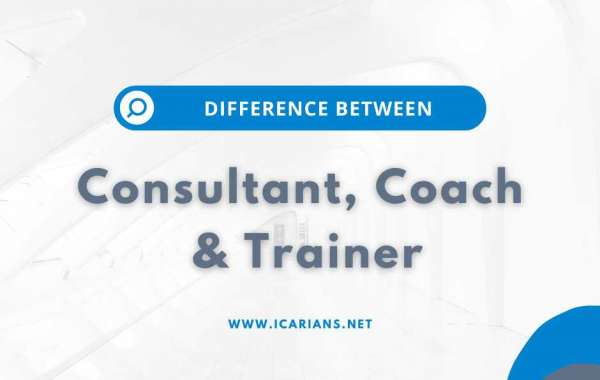"Training is no longer just a checkbox activity for compliance or onboarding—it’s a strategic investment in employee development, productivity, and innovation.
Businesses that prioritize training empower their workforce to adapt, grow, and stay competitive.
If you’re exploring ways to transform your workforce, this article dives into why corporate training is indispensable and how it benefits organizations.
Let's look at Why Corporate Training Matters -
_________
1. Bridging Skill Gaps
One of the biggest challenges organizations face today is the widening skills gap. As industries evolve, so do the required skill sets. Corporate training helps employees acquire the latest skills—whether it’s mastering new technologies, improving leadership capabilities, or enhancing soft skills like communication and teamwork.
According to the World Economic Forum, by 2025, 50% of all employees will need reskilling to keep up with technological advancements. Companies that invest in upskilling today are preparing for tomorrow’s challenges.
2. Boosting Employee Engagement and Retention
Employees value growth opportunities. A well-designed corporate training program not only enhances their skills but also makes them feel valued. This leads to higher job satisfaction, better engagement, and increased loyalty to the organization.
Research by LinkedIn Learning shows that 94% of employees would stay longer at a company if it invested in their career development. Training isn’t just an expense; it’s a retention strategy.
3. Enhancing Productivity and Performance
Effective training empowers employees to perform their roles more efficiently. It eliminates guesswork, reduces errors, and builds confidence in handling tasks. Moreover, training in areas like time management, project execution, and decision-making directly impacts productivity.
When teams are trained to work smarter, not harder, organizations see measurable improvements in performance and bottom-line results.
4. Adapting to Industry Changes
From technological disruptions to changing market trends, businesses must be agile to survive. Corporate training ensures your workforce stays ahead of the curve. For example, training in digital transformation tools, agile methodologies, or data analytics equips employees to navigate change confidently.
As Peter Senge, author of The Fifth Discipline, puts it: “The only sustainable competitive advantage is an organization’s ability to learn faster than its competitors.”
Key Areas for Corporate Training
To create impactful training programs, organizations should focus on the following areas:
Leadership Development: Grooming future leaders with skills like strategic thinking, conflict resolution, and decision-making.
Technical Training: Keeping employees updated on industry tools, software, and technologies.
Soft Skills Training: Enhancing communication, collaboration, and problem-solving capabilities.
Compliance Training: Ensuring employees adhere to legal and industry-specific regulations.
The ROI of Corporate Training
Many organizations hesitate to invest in training due to upfront costs. However, the return on investment (ROI) is undeniable. A McKinsey report found that companies with robust training programs see a 24% higher profit margin.
Additionally, trained employees work more effectively, create better customer experiences, and contribute to innovation—all factors that drive long-term growth.
Corporate training is no longer a luxury; it’s a necessity. It enables organizations to bridge skill gaps, engage employees, and stay competitive in a fast-paced world. But beyond its tangible benefits, training fosters a culture of continuous learning—an environment where employees are empowered to grow alongside the company.
Investing in training today ensures your workforce is equipped to meet tomorrow’s challenges. Remember, a well-trained team is the foundation of any successful organization.
"An investment in knowledge pays the best interest." – Benjamin Franklin














